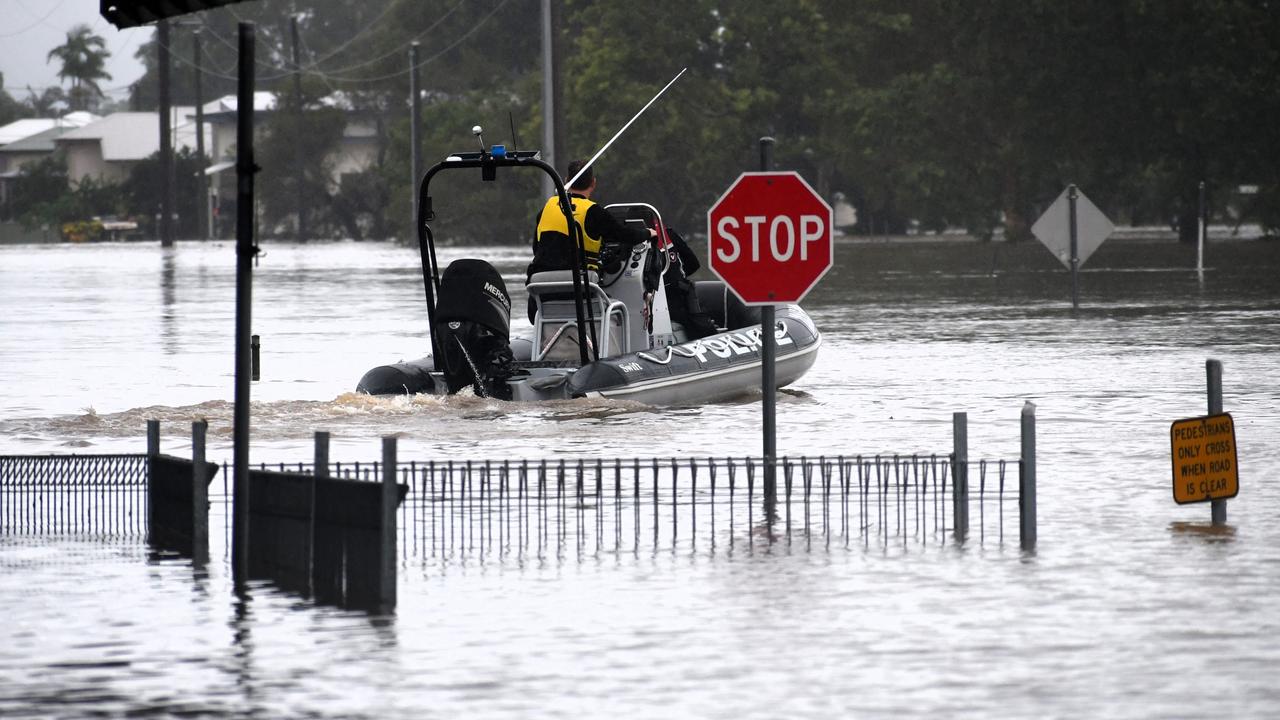Budget train wreck: Gold Coast fast rail delayed until mid-2025
The state government says the Logan to Gold Coast fast rail project will still be on track for a 2031 completion despite a $3 billion cost blowout, pushing the start date back to mid-2025.
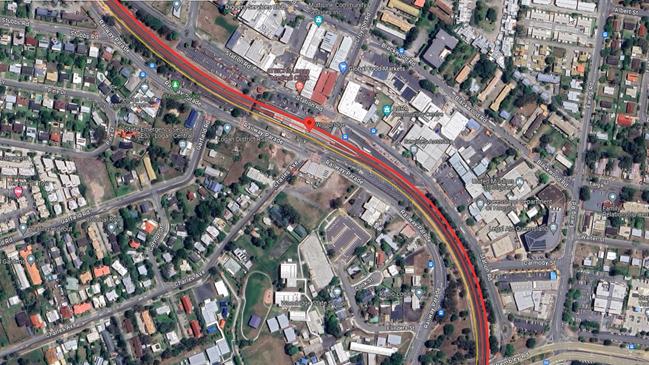
QLD News
Don't miss out on the headlines from QLD News. Followed categories will be added to My News.
Construction of a fast rail service between Brisbane and the Gold Coast, designed to support the 2032 Olympic Games, has been delayed due to a $3 billion cost blowout.
Major works on the project were expected to start in September last year, but the start date has been pushed back to mid-2025 even though the completion date remains 2031.
Key preliminary works, including the Loganlea Station relocation and the removal of level crossings at Beenleigh, have started.
Initially budgeted at $2.6 billion, the Logan and Gold Coast Faster Rail project’s cost soared to $5.8 billion over the past year, sparking concerns over Queensland’s rising infrastructure expenses.
Despite the cost challenges, federal and state governments remain committed, with each promising $2.875 billion.
The project aims to double tracks between Kuraby and Beenleigh, modernise rail systems, upgrade stations, and remove level crossings to meet growing commuter demand and Olympic requirements.
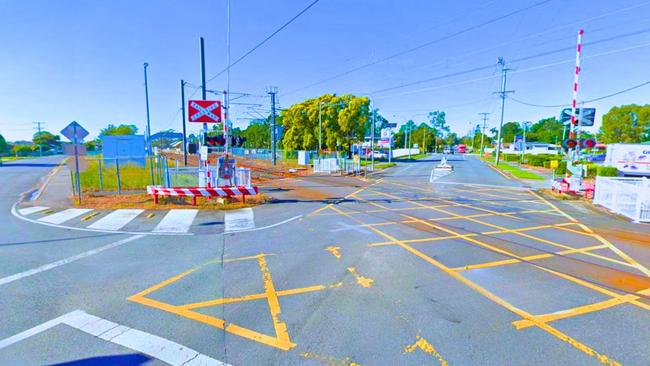
Logan residents have already been subjected to land resumptions including the demolition of the popular 1950s Chez Diner in 2023.
The cost blowout was mentioned in a Queensland Audit Office report, released this week, which claimed the faster rail project was a major contributor to the state government’s 40 per cent increase in capital spending, now totalling $22.9 billion.
The 48-page report highlighted a sharp increase in large-scale projects exceeding $500 million rising from 33 in 2023–24 to 39 in 2024–25.
Auditor-General Rachel Vagg attributed the cost blowouts to design complexities, procurement challenges, and unexpectedly high contractor bids.
“The increased budgeted capital expenditure for the Transport and Main Roads portfolio is due to higher investment in rail projects,” the Auditor-General noted.
Transport Minister Brent Mickelberg acknowledged the impact of the cost blowout on the project timeline.
“Under the former government, the LGC project has blown out by more than $3 billion from its original budget,” he said.
“It will not be possible to deliver the project within its initial budget.”
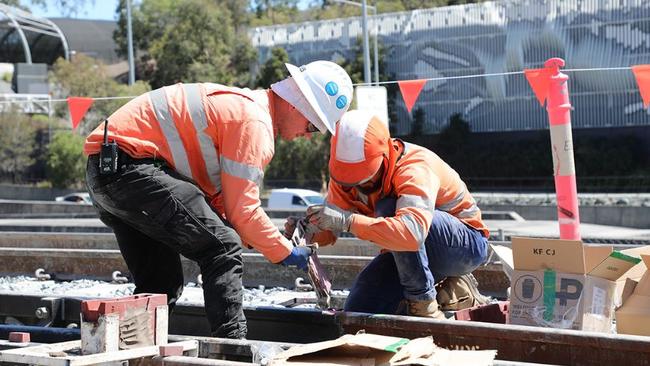
The Auditor-General cautioned that market fluctuations and logistical challenges could result in further delays, urging agencies to carefully manage associated risks.
Other significant projects driving spending included the Sunshine Coast Direct Rail Line, the Coomera Connector, and various road and rail upgrades, the report said.
The report also showed that over five financial years from 2021, infrastructure spending had been concentrated in southeast Queensland.
The region had a total budgeted capital expenditure of $44 billion with $33.2 billion allocated across the rest of the state.
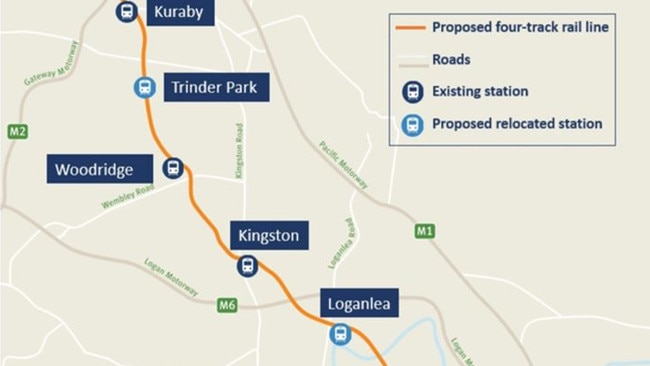
The southeast reported an annual average expenditure of $9 billion over the five years with Brisbane and Redlands leading the spending stakes with an average annual budgeted capital spending from 2021 of $3.9 billion.
That was followed by the Gold Coast which had an average budgeted capital expenditure of $1.5 billion over the five years.
Ipswich had an average spending of $1 billion over the period with Logan, Moreton and Sunshine Coast close behind with spending budgets of $866 million over the five years.
More Coverage
Originally published as Budget train wreck: Gold Coast fast rail delayed until mid-2025




